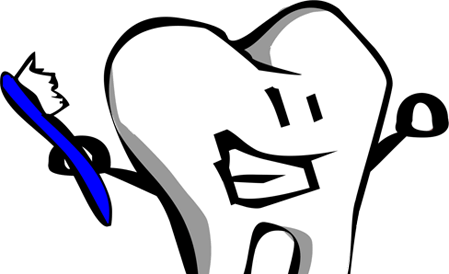Good dental habits start in our youngest years. Teaching our children how to brush properly gives them a lifelong health skill. Not only does it help their independence and confidence, it really can help them stay healthier. In this article, we’d like to address some of the most common questions about childhood brushing, such as:
Why should my kids brush their baby teeth, if they are going to fall out anyway?
To some, it may seem counterintuitive to clean something that is temporary and will eventually fall out. However, getting your children to start brushing those baby teeth will help prepare them to care for their permanent adult teeth. Remember, practice makes perfect. As we get older, it becomes more difficult to establish a new routine, even an important one like brushing teeth. Furthermore, deciduous teeth (a fancy word for baby teeth) can still be subject to decay, plaque, and other bacteria that can lead to pain, infection and/or illness. So brushing those tiny chompers is very important!
When should my child start brushing?
Believe it or not, you can start teaching your little one to brush with his or her very first tooth! Of course, you’ll want to be the one doing the brushing until your children are old enough to hold the brush themselves (around 2 or 3 years old). You’ll also want to supervise them and even brush and floss again after they are done, until they are old enough to handle the entire process of tooth care (using the correct amount of paste, flossing, rinsing, etc.). Your kid’s dentist can help you decide when it’s appropriate to let your child do it independently.
How should my child brush?
Brushing isn’t just about swishing a brush around a few times; there really is a right way to do it. The brush should be held so the bristles are at an angle about 45 degrees, to the gums. The proper motion for tooth brushing is small circular motions on each tooth surface. Make sure you and/or your child does it softly, with short strokes. Scrubbing too hard can actually damage the gums or cheeks. Do not forget to brush all surfaces of the teeth and the tongue, as well. And of course, be sure to thoroughly clean the brush and place it somewhere safe to dry.


